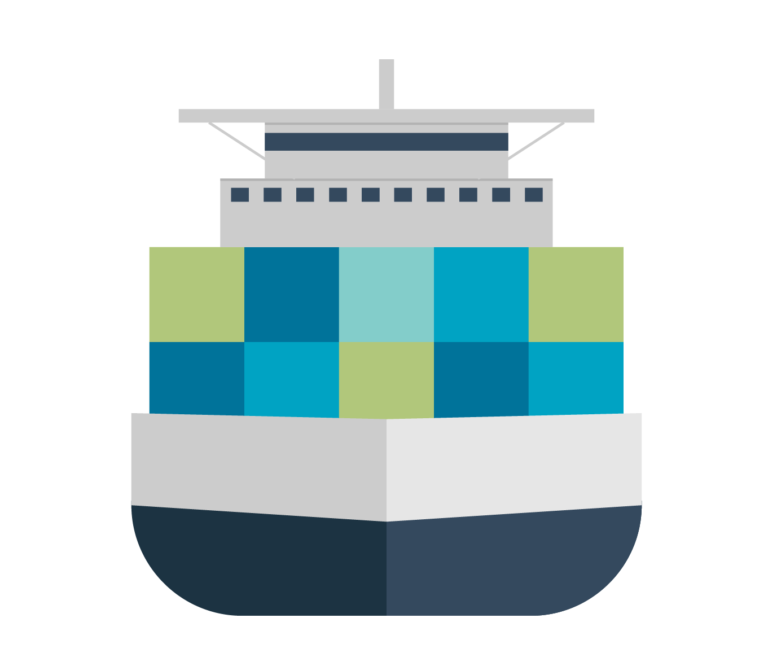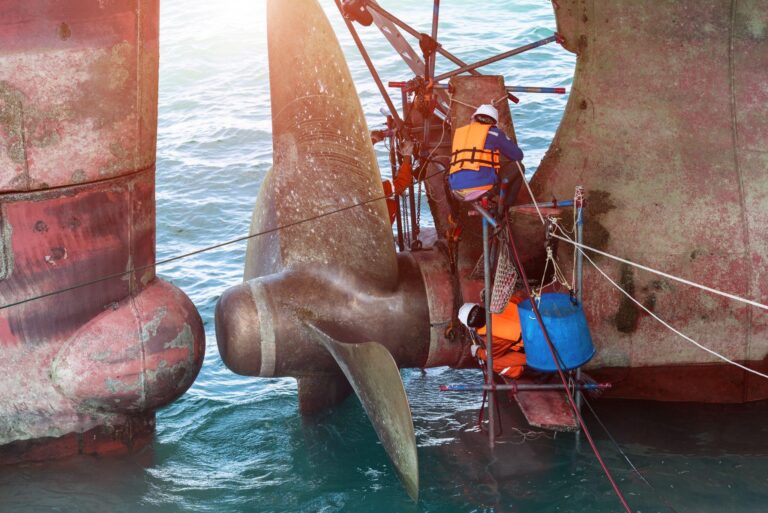Proving your maritime injury claim in court can be more challenging than a normal personal injury case. If you are injured in the maritime industry, you will need to know how to win a negligence case when there are different standards to be met under maritime law.
The Jones Act provides legal protection to maritime workers injured in service to a vessel and several other federal laws protect harbor and dock workers in similar situations. The Jones Act provides for you to sue your employer or ship owner for negligence, under maritime law jurisdiction.
Let’s explore how to prove negligence in a Jones Act claim and what is required to prove negligence in maritime courts.
Important Factors in Proving a Maritime Injury Claim
To win a maritime injury case, you and your attorney will need to provide clear evidence that links the injury to negligence on the part of the shipowner. This includes four key factors:
- You qualify as a “Seaman.” In order to file a Jones Act claim, you must qualify as a “Seaman” under maritime law. You will need to prove that you were employed by a shipping company or vessel owner as a permanent employee, and that you spent 30% of your time or more working on or “in service to” a vessel.
- Negligence was at least partly to blame. You and your lawyer will need to show that negligence occurred on the part of the shipowner. This could be poorly maintained equipment, poorly trained or inadequate crew, or a variety of other factors that make a vessel unsafe or unseaworthy.
- The negligence caused your injury. Proving negligence is only the first step; you must also establish that the negligent act was at least partly to blame for your injury, illness, or accident.
- You sustained losses because of the injury. You and your maritime attorney will need to have accurate records and evidence to establish financial losses, psychological impacts, and measurable future losses that can be compensated.
Gathering Evidence to Prove a Maritime Injury Claim
To file a personal injury claim under the Jones Act, you will need evidence to support all of these four factors to the satisfaction of the jury or judge who hears the case. Be sure to gather paper and digital copies of:
- Witness statements and accident reports filed with your employer or other authorities
- Medical bills and hospital records related to your injury or relevant past injuries
- A written report from a physician stating the extent of the injury, treatment provided, and future treatment needed
- Estimates of future medical expenses, physical therapy, and psychological supports
- Expected limitations on future employment and calculated figures to show loss of earning potential
- Medical documentation of the extent of pain and suffering, past and future, including mental health or relationship impacts
- Any other documentation or evidence to demonstrate ship owner negligence, financial losses, or long-term impacts of your injury
The Challenges of Gathering Evidence to Support Your Claim
It can be difficult to gather the materials needed to prove your maritime injury claim by yourself. Most injured seamen will need professional legal help to overcome the obstacles that employers and their insurance companies intentionally place in the way.
- Time passes quickly. Your claim must be filed within three years of your injury in most cases. Missing or damaged equipment can be repaired or replaced quickly, memories fade, and evidence begins to evaporate or wash away as soon as an accident happens at sea.
- Lack of employer cooperation. It is often the case that the shipowner is highly motivated to hold back on releasing evidence that supports a case against them. In some cases, evidence can be destroyed intentionally, or employers will try to intimidate their injured worker or witnesses to the accident.
- Being unable to work on your own case. After a serious accident, injury, or illness at sea, your days and hours are full of necessary medical treatments, and you may be in serious physical and mental pain. Gathering evidence, statements, and documentation may be beyond your ability to manage by yourself.
Should You Hire an Experienced Maritime Injury Lawyer?
If you are struggling to gather evidence to support your claim and the clock is ticking, it can be beneficial to speak with an experienced maritime attorney as soon as possible. With sound legal advice, you can decide if it makes sense to pursue a Jones Act claim against your employer.

Even if negligence was not a factor in causing your injury, you are still entitled to maintenance and cure until you are able to return to work under general maritime law. Other federal acts might offer a path to compensation even if you do not meet all of the requirements of the Jones Act. The only way to know that you have the full picture of your legal rights and options is to schedule a no-cost consultation with a maritime law firm you can trust.
With over 100 years of combined maritime law experience, our legal team at Schechter, Shaffer & Harris can advise you and help you chart a course forward. If you decide to pursue a maritime injury case with us, we can gather evidence, deal with settlement offers, and argue your case in court. Our track record and commitment to maritime workers speaks for itself. Reach out today to find a safe port in the storm and a maritime legal time to fight for your rights after an accident.







